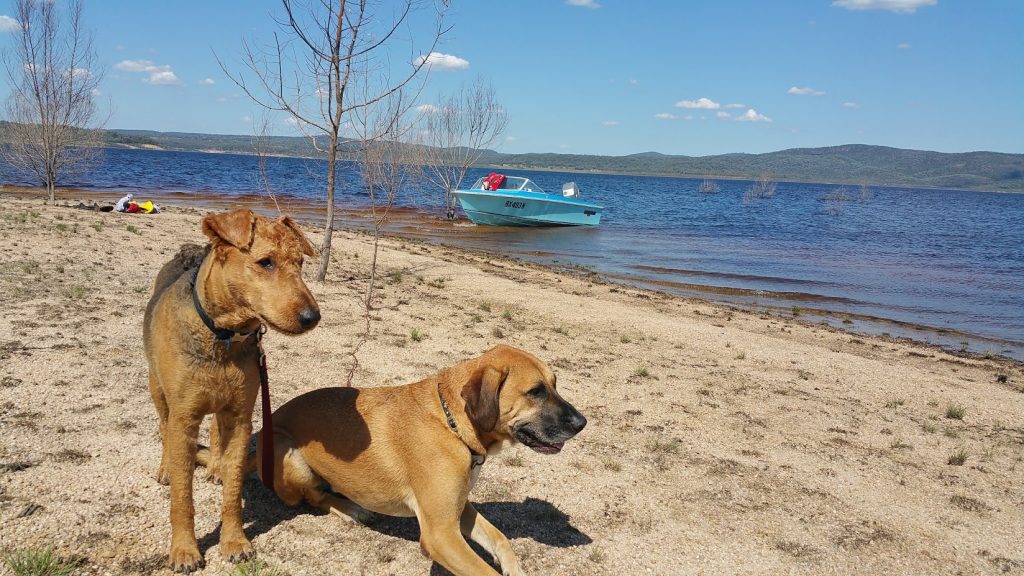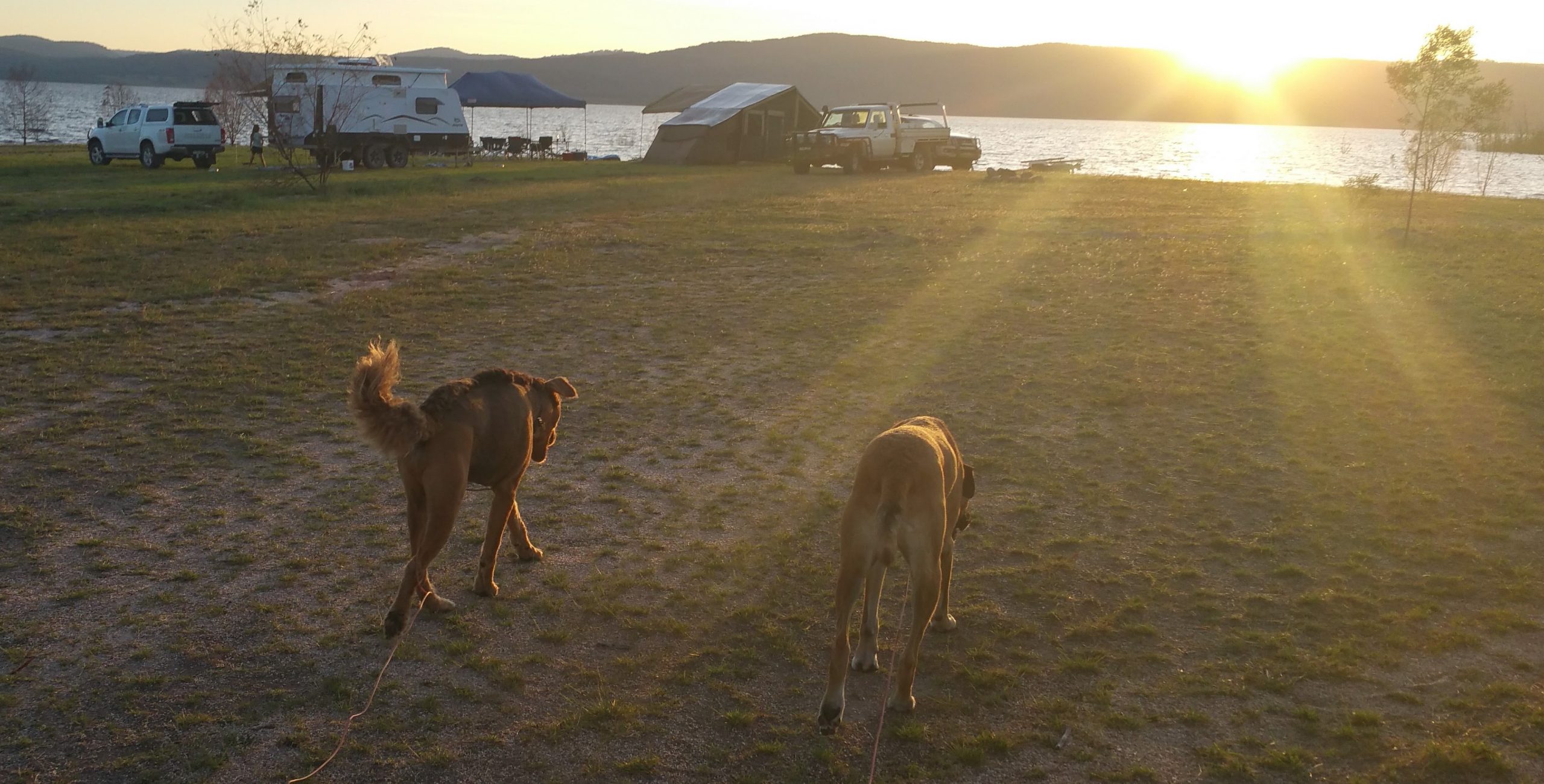If you’re looking to get outside, consider camping with your new furry family member. Camping with a puppy can give you the chance to enjoy everything the outdoors has to offer while bonding with your new best friend. Although the outdoors has many health benefits for the entire family, it’s important to be mindful of your puppy’s needs.
Camping with a puppy
Before you hit the trail, make sure to check if the park is open and pets are allowed. For example, not all campsites and parks allow pets. Also, some parks may have restrictions when it comes to pets and others may still not be open due to the COVID-19 pandemic. Ability to take you dog into National Parks varies slightly between states (mostly not). A quick google search will give you details in your local area. State forest/parks and campsites also vary but are generally more open.
Make sure your puppy is fully vaccinated
You never know what hazards may be outside, so make sure your puppy is vaccinated before you plan your trip. Consider talking to your veterinarian about your puppy’s vaccination schedule and preventative care so your best friend is prepped and ready to explore with the family.
Are you camping in a paralysis tick area?
Paralysis ticks can be fatal to your pet. This is an especially important piece of information for those traveling from non tick areas for a camping trip. It is critical you have spoken to your local veterinarian about what prevention you should be giving your puppy, making sure you let them know what locations you’ll be taking your family camping in.

Know your pet’s limits
Every puppy is different. Some puppies may need more rest and relaxation while others may tend to have more energy. Take into consideration your dog’s breed, size, and age when you’re planning your hike for the day.For example, your six month-old puppy may have more energy than your one year-old dog. It may be helpful to monitor your pet’s energy on the first day to get a better idea of your pet’s limits.Further, if you’re monitoring multiple pets and kids, it may be a good idea to plan out your day to help keep them safe, happy, and healthy.
No long hikes
Hikes are a great way for the family to get some exercise together, but be mindful of your puppy. In fact, your puppy is still developing and growing at a rapid rate. It may help to take this into consideration when planning your day.Although you may have to take breaks more often or shorter hikes, it may give you more opportunities to stop and enjoy the scenery, play and interact with your puppy, or take a family photo.
Ensure you’ve got their microchip number recorded somewhere
Your pet’s safety is important when you’re spending any time outdo. Before you go camping, it may be helpful to check your microchip information and make sure it’s up-to-date with current contact information with local council and other authorities you’ve registered with. Further, always make sure to keep your pet’s collar, identification tag, harness, and leash on them at all times when at the campsite or on the trails. ID tags that can be read by anyone is super helpful is someone comes across your lost pet, phone number or two is very convenient. Let’s hope that doesn’t happen, but preparing for the worst case is important.
Be prepared (Yes I’m an ex-boy scout)
If you plan on going hiking, camping, or exploring in nature, make sure to pack your pet first aid kit. Naturally, you never know when an accident may happen like a paw pad injury. Also, make sure to bring your pet’s medication, food, water, bedding, and medical records. Further, consider researching a local veterinarian near your campsite, in case it’s needed for your best friend.
Keep a safe and secure site
Puppies are curious and may try to explore on their own. It may be helpful to bring extra supplies to keep them secure when you’re camping. For example, “dogs wander, so keep them tethered. You can find dog tie-outs from the pet store, so they can be “free-range” but instead tethered safely away from the campfire, road, or any other hazards. Further, even if your pets are secured to the site, make sure to watch them at all times. It’s also important to be aware of other campers have dogs. Sometimes you have good control of your dog, and trouble can arrive at your door step from a curious free ranging dog from a neighbouring site.
Keep an eye on your puppy
It’s no surprise your new puppy may like to chew. If you’re adventuring outdoors, they may be tempted to eat something they shouldn’t. Always make sure to monitor your pets at all times, as there may be hazards outside. For example some hazards may include items like animal waste, mushrooms, human food, sticks, rocks, and wildlife faeces. If you have any concerns that your pet has ingested anything, please seek medical care for your pet. The veterinarian can determine if your puppy has ingested anything and get to the root of the problem.
Camping with your puppy is a fun way to bond with your new family member
Whether you’re camping with a puppy, adult dog, or multiple pets, it can help give you the chance to get out in nature, explore the great outdoors, and bond with your furry family members. From day trips to weekend adventures, your best friend will certainly love spending some extra time with you!
What are some of your favorite tips when camping with your puppy?

